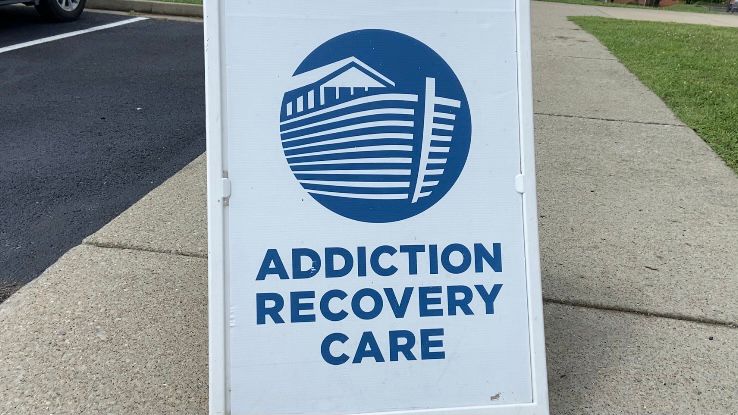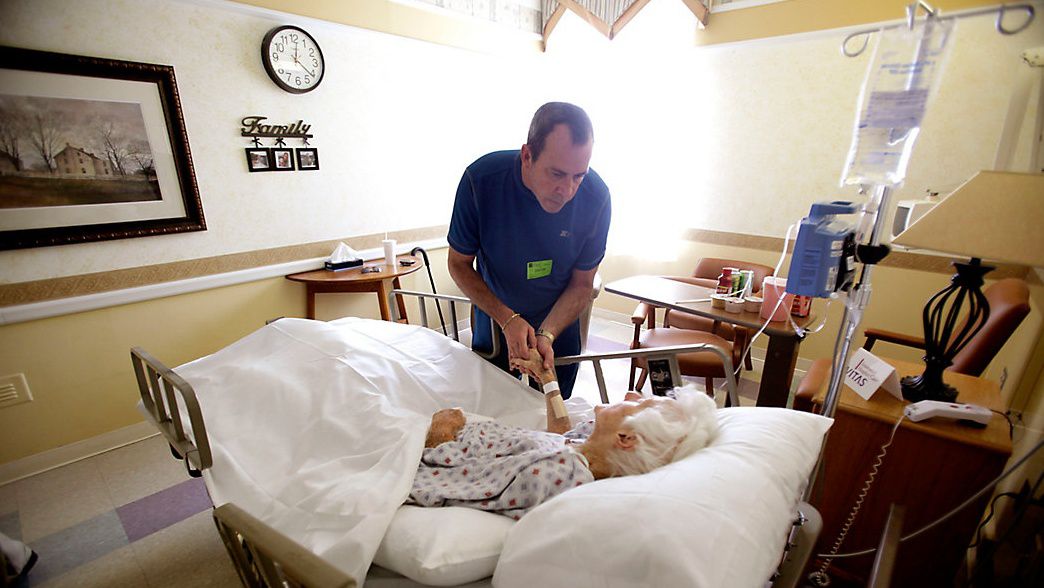Michelle Summers thrives in her happy place — an apartment she found through the self-directed program by autism support service Wildwood.
"The challenges I faced before I started doing self-direction was the hardship of trying to pay my bills. I had to find a way to make ends meet," said Summers.
According to National Core Indicators data, Black people with disabilities are 6% less likely to have input in choosing where or with whom they live. And the disparities don't begin or end there.
"What we know from research and data is that people from traditionally marginalized communities, Black and brown people, often don't have the same access to supports," said Tom Schreck, Wildwood Programs' director of communication. "They often don't get that get identified for supports and sometimes … when they do, supports aren't by their neighborhood."
People with intellectual and developmental disabilities who are part of marginalized racial and ethnic groups experience what researchers call the “double burden." To combat this, Wildwood has teamed with Alternative Living Group to focus on reaching underserved populations.
"I think the most important thing to know is that people with disabilities still have a voice," said Denver Payton, self-direction coordinator at Wildwood. "They still have needs and wants, and it's very important to let them pick that you don't have to necessarily direct it for them."
With their self-direction program, adults like Summers are in the driver's seat, choosing the services that will best help them. She even hires her own staff and has a budget to pay for the classes and programs she chooses.
"It gives me the ability to feel independent," said Summers. "I can do anything I want. I could feel like I'm not controlled or taken away from other people."
With more meaningful opportunities, Michelle says she has control of her direction and goals.









